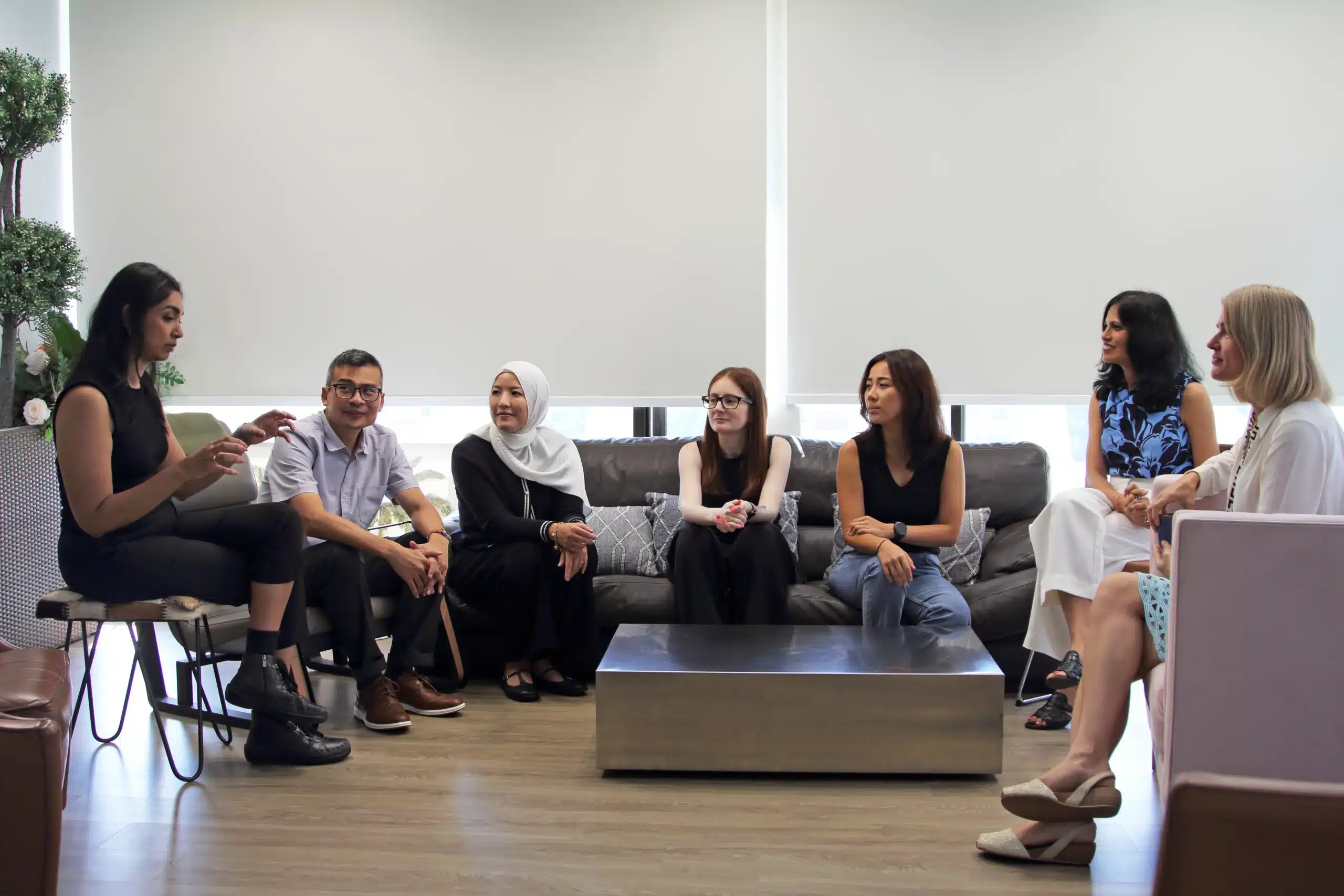Understanding Communication, Sensory Experiences & Support: Autism Assessment Singapore
Autism Assessment helps identify how autism shapes the way a person communicates, interacts, and experiences the world. For those on the spectrum, social interactions may feel different, and there is often a strong focus on specific interests or routines. Sensory experiences—such as sounds, lights, or textures—can feel unusually intense or even overwhelming. Autism spectrum disorder (ASD) is a lifelong neuro developmental condition characterized by challenges in social communication, repetitive behaviors, and sensory sensitivities. These differences can make everyday environments more challenging, but with clarity and the right strategies, individuals can thrive.
Contact Us








